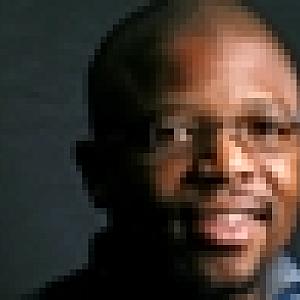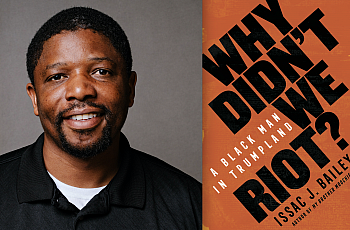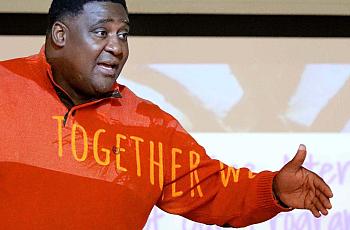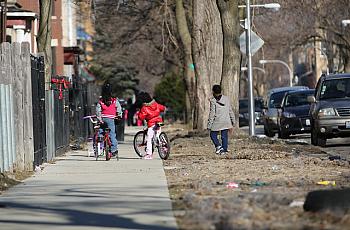
Issac Bailey
Freelance Journalist and Author

Freelance Journalist and Author
Issac Bailey is a 1995 graduate of Davidson and a veteran journalist who has won numerous writing and reporting awards and has conducted investigations that led to changes in the way the S.C. Department of Social Services handles child protection cases. His criminal justice reporting spurred the Myrtle Beach Police Department to create a position to focus on young people after Bailey's investigative pieces highlighted the struggles of young black men in the Booker T. Washington neighborhood. Bailey was also a 2014 Nieman Fellow at Harvard University, where he studied child brain development, child welfare and race relations law and taught journalism for a year at Harvard's summer school. Bailey was also Davidson's Batten Professor in the fall of 2017 and taught journalism and applied ethics at Coastal Carolina University for several years and will be returning to Davidson to teach this fall. He has been published in hundreds of publications, including Politico Magazine, Time Magazine, the Washington Post, the Charlotte Observer and CNN.com. He's been married for 20 years to Dr. Tracy Bailey, founder and executive director of non-profit literacy organization, Freedom Readers, and has two teenage children. Bailey's 2018 book, "My Brother Moochie," which discusses the effects of the criminal justice system on black families, has received critical acclaim and has been featured in the New York Times. He is working on another book, "A Black Man in Trumpland: Why we didn't riot - but should have."

"As a black man from the South, my body bears proof of white supremacy’s persistence and limitations," writes author and Center for Health Journalism Fellow Issac Bailey in his new book.
"My grief and frustration over JJ’s fate were compounded by all I learned about the effects of toxic stress on a developing brain."

This story was produced as a project for the 2019 National Fellowship.

How often do young people in neighborhoods in which gang and drug violence are a daily occurrence receive help and services before they get sent to the alternative school, arrested, or worse?